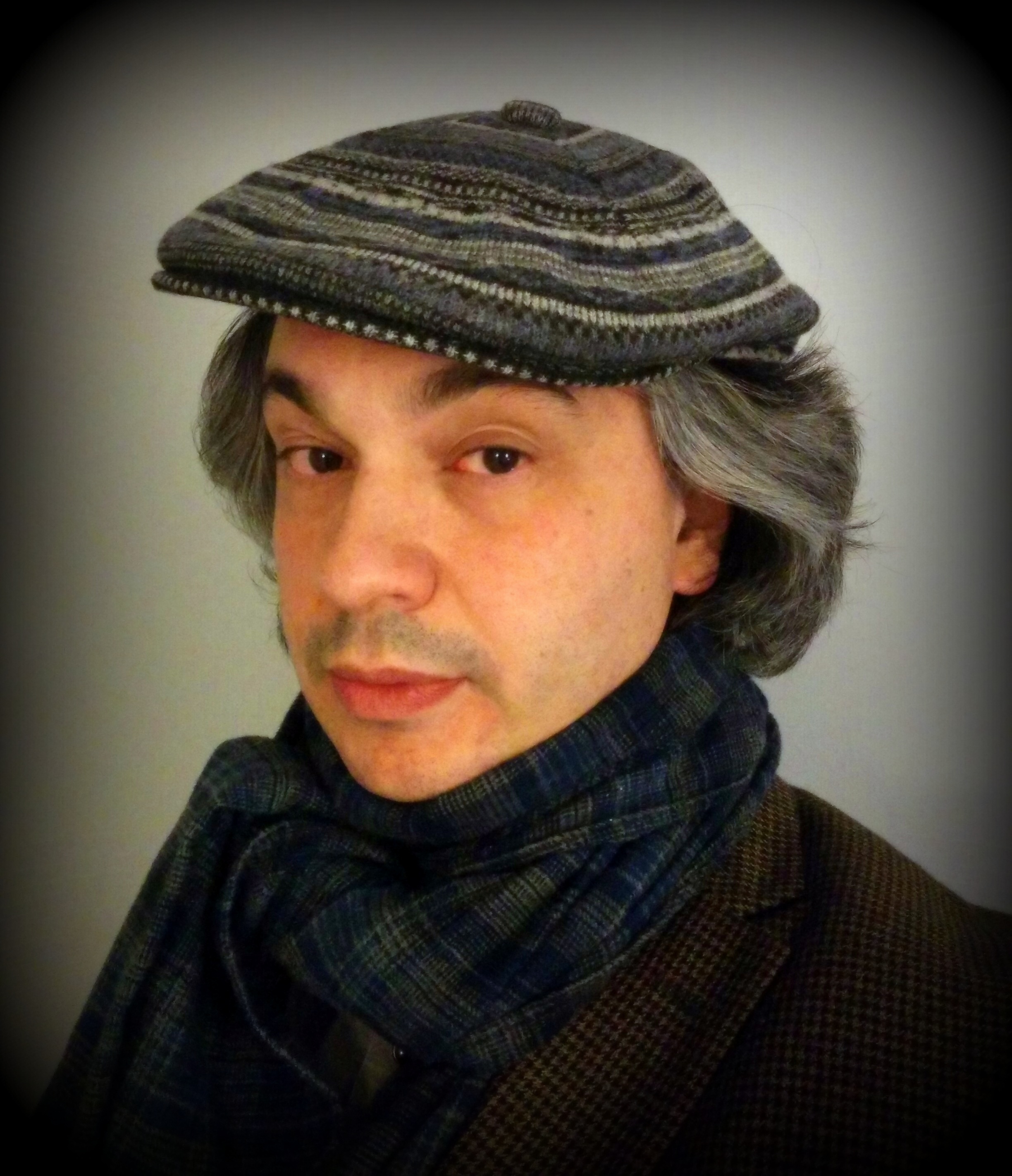July has been a prolific month for the quantum computing team in our lab. Four of our papers have been accepted for publication!
1) Jose Falla, Quinn Langfitt, Yuri Alexeev, Ilya Safro "Graph Representation Learning for Parameter Transferability in Quantum Approximate Optimization Algorithm" is accepted in Quantum Machine Intelligence. arxiv.org/abs/2401.06655
As the title suggests, we use graph embeddings to directly transfer precomputed parameters of QAOA to new graphs. Even relatively small-scale graph representation models imply good transferability, significantly accelerating computation.
2) Bao Bach, Jose Falla, Ilya Safro "MLQAOA: Graph Learning Accelerated Hybrid Quantum-Classical Multilevel QAOA" is accepted in IEEE Quantum Computing and Engineering. arxiv.org/abs/2404.14399
Here, using combinations of representation learning techniques, ideas of R-QAOA, and quantum-inspired recursive optimization, we significantly accelerate the hybrid quantum-classical multilevel method and achieves a great time/quality trade-off that successfully competes with the fastest classical heuristics, making this algorithmic scheme a strong candidate for demonstrating practical quantum advantage in the future.
3) Cameron Ibrahim, Teague Tomesh, Zain Saleem, Ilya Safro "Scaling Up the Quantum Divide and Conquer Algorithm for Combinatorial Optimization" is accepted in IEEE Quantum Computing and Engineering. arxiv.org/abs/2405.00861
In this paper, we introduce the Deferred Constraint Quantum Divide and Conquer Algorithm, a method for constructing quantum circuits that reduces inter-device communication costs for some quantum graph optimization algorithms, an important step for distributed quantum computing.
4) Ankit Kulshrestha, Xiaoyuan Liu, Hayato Ushijima-Mwesigwa, Bao Bach, Ilya Safro "QAdaPrune: Adaptive Parameter Pruning For Training Variational Quantum Circuit", accepted in IEEE Quantum Computing and Engineering, Quantum AI workshop, https://arxiv.org/abs/2408.13352, 2024
Here we present QAdaPrune - an adaptive parameter pruning algorithm that automatically determines the threshold and then intelligently prunes the redundant and non-performing parameters to train quantum circuits. We show that the resulting sparse parameter sets yield quantum circuits that perform comparably to the unpruned quantum circuits and in some cases may enhance trainability of the circuits even if the original quantum circuit gets stuck in a barren plateau.
Congratulations to the graduate students Bao Bach, Jose Falla, and Cameron Ibrahim, and our amazing collaborators Teague Tomesh, Zain Hamid Saleem, Quinn Langfitt, Yuri Alexeev, Ankit Kulshrestha, Xiaoyuan Liu, and Hayato Ushijima-Mwesigwa. We look forward to meeting many of you in person and having a productive IEEE Quantum Computing and Engineering 2024 in Montreal!
This is what DALL-E thinks about us celebrating accepted papers. The quantum hardware store doors are open but where can we find this store?


